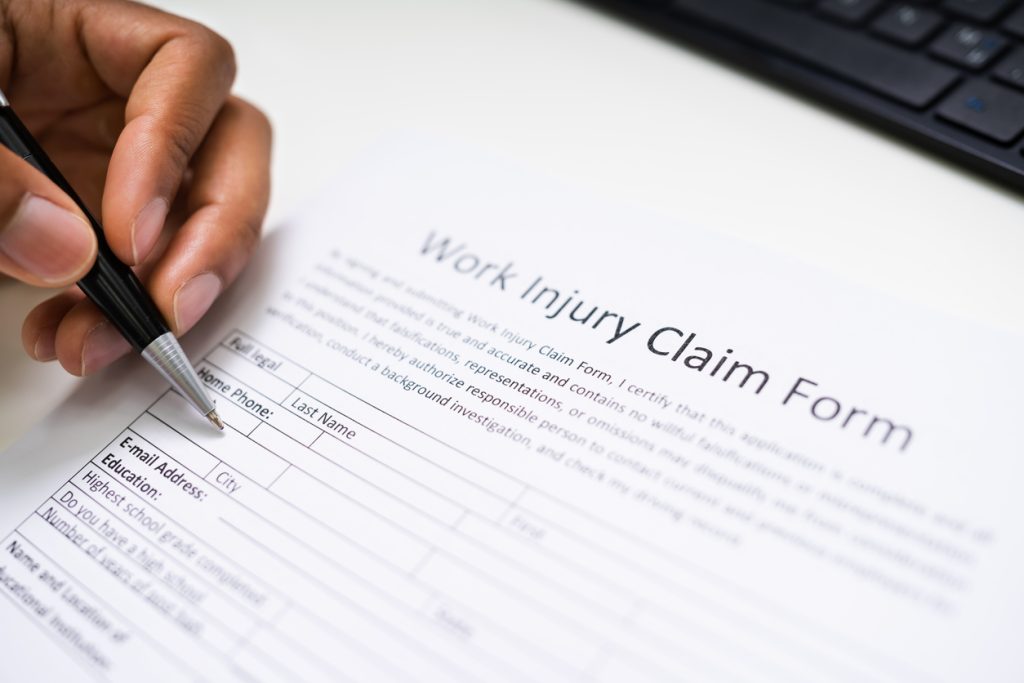Are you aware of all the rights and benefits that are available under workers’ compensation laws? If not, then this guide is for you. In this comprehensive overview of workers’ compensation law, we will explore everything you need to understand about getting adequate coverage for workplace injuries: from knowing which portions of the law apply to you to successfully submit a claim should an incident occur. We'll provide plenty of examples as well as resources and tips so that no matter what industry or state in which you operate, your assets are protected in case unexpected accidents or negligence arise on the job. Let's dive right into understanding why it pays to have solid knowledge when it comes to workers' comp — for both employers and employees alike!
What is Workers’ Compensation and why are laws in place to protect it
Worker's Compensation is an insurance program that protects workers from the financial losses associated with on-the-job injury or illness. The laws in place to protect workers’ compensation provide workers with rights and options when faced with injuries while working: allowing workers to make claims without fear of retribution in the workplace, receive necessary medical treatment, and even financial compensation if they are unable to work for some time due to their injury or illness. If your rights have been violated or you feel like you’re not getting fair treatment, it’s critical to speak up for yourself and take any corrective actions necessary. Fortunately, finding good workers comp lawyer in Los Angeles can help guide workers through this process as well as provide legal solutions for any disputes that arise along the way.
Understanding the types of injuries covered by Workers’ Compensation
Trying to understand severance pay California laws, as well as the nature of Workers' Compensation can be daunting. Generally speaking, Workers' Compensation is a form of insurance that provides financial coverage to employees who experience an injury or illness while on the job. This means that regardless of fault, employers are required by law to provide their injured employees with benefits covering medical expenses and lost wages due to time taken off work. Since physical and psychological injuries can be quite different in their scope and treatment, workers must understand exactly what type of injuries are covered under their compensation policy. Luckily, most legislation is designed with this in mind.
How to file a claim for Worker's Comp benefits
Worker's Comp can be a tricky process, but the good news is filing for benefits doesn't have to be overwhelming. To get started, you'll need to complete and submit an accident report to your employer as soon as possible. This should include any details about the incident that led to your injury and the medical care received. You'll also want to make sure you contact your state's Worker's Comp board so they can review your claim, along with any documentation from medical providers that supports your case. Finally, once you are approved for your claim, you can begin receiving compensation for lost wages and covering medical costs associated with the injury. Following this simple step-by-step process will help ensure everything goes as smoothly as possible when filing for Worker's Comp benefits.
Reporting an injury quickly
Taking care of yourself after an injury is key, and one important step is reporting it to the right people as quickly as possible. While the healing process makes it easy to want to take some time off and get better before doing anything else, filing a personal injury report or talking to an insurance agent should be near the top of your list. This helps ensure you're getting all the coverage you deserve, and increases your chances of getting a successful settlement for damages suffered. So if you've been injured due to someone's negligence, be sure to make that call right away. It could impact your life more than you think.
Addressing disputes and appealing decisions
For workers facing an employer dispute, an experienced workers comp lawyer can often be the difference between getting things resolved and having to put up a fight. However, workers may be turned off by workers comp lawyer fees as they can vary wildly depending on who you potentially retain. To address disputes without burning through your bankroll, consider filing appeals yourself: when done properly and with research, it's possible to win based solely on your own merits. In the end, even if you retain a workers comp lawyer for help or additional guidance, understanding the basics of appealing decisions can save quite a lot of time and money in the long run.
An overview
Navigating the legal process of a work-related injury can seem daunting, but with the right knowledge and help, you can receive the compensation you deserve. First, consult a lawyer to understand your rights and responsibilities under applicable labor laws. Next, collect evidence such as medical records and witness statements to support your claim. File forms with your employer or its insurance company, being mindful of filing deadlines that may be imposed by law. Many states have mandatory mediation for resolution before going to court, so it's important to stay informed throughout the process. With determination and effort from all parties involved, any workers injured on the job can obtain the justice they rightfully deserve.
Conclusion
Workers’ Compensation is an important tool for providing financial relief and stability when an employee is unable to work due to a work-related injury or illness. Understanding and complying with applicable laws can be beneficial in ensuring that employees receive the Workers’ Compensation benefits they are entitled to if they are injured while on the job. It is important to report the injury immediately and follow all of the necessary steps to ensure proper compensation. If disputes or appeal decisions arise, it is best to contact an experienced attorney who specializes in workers’ Comp laws to help protect your rights. Knowing Workers’ Comp laws can ultimately help prevent frustration and financial loss for workers and employers alike.





















